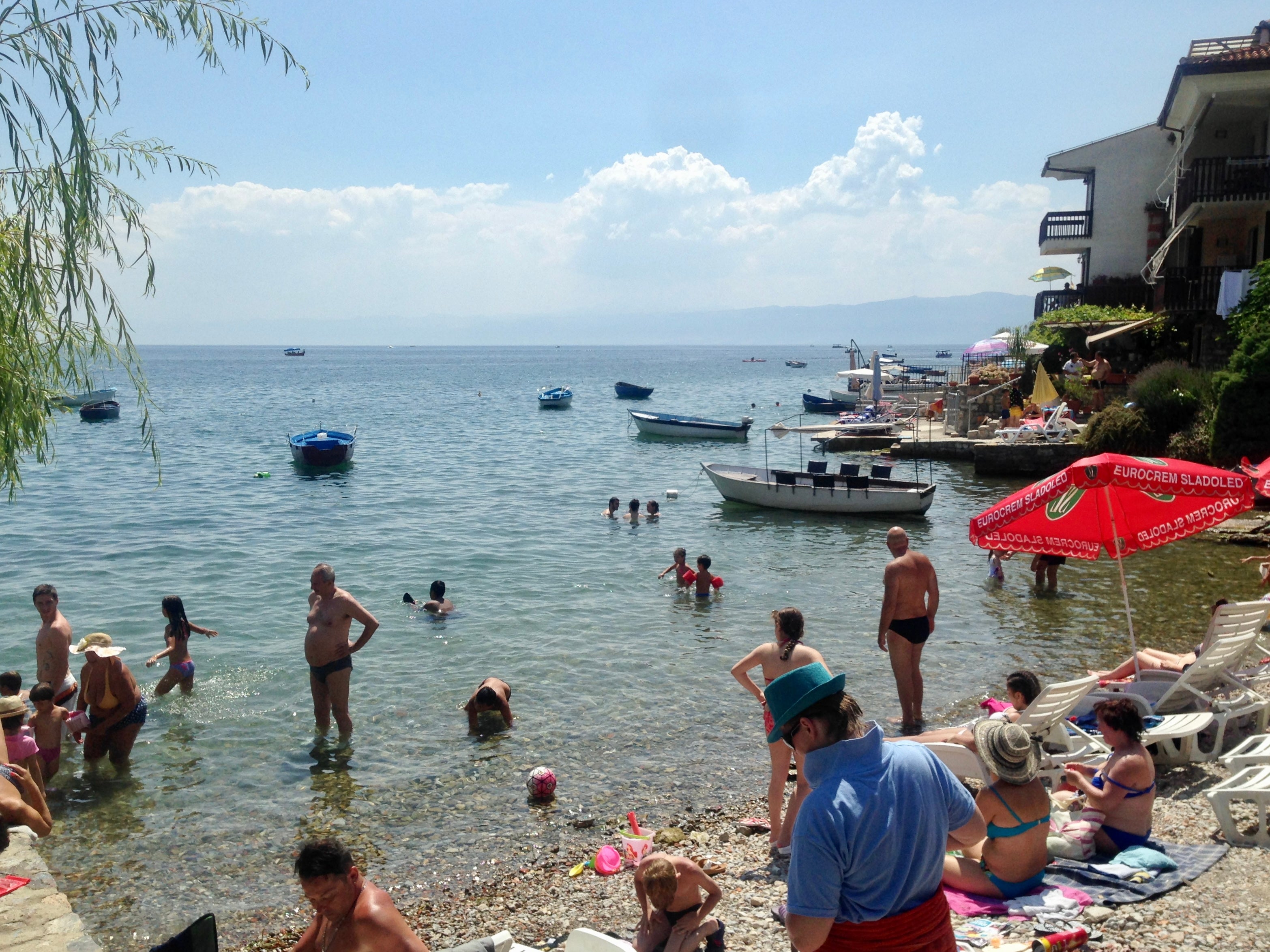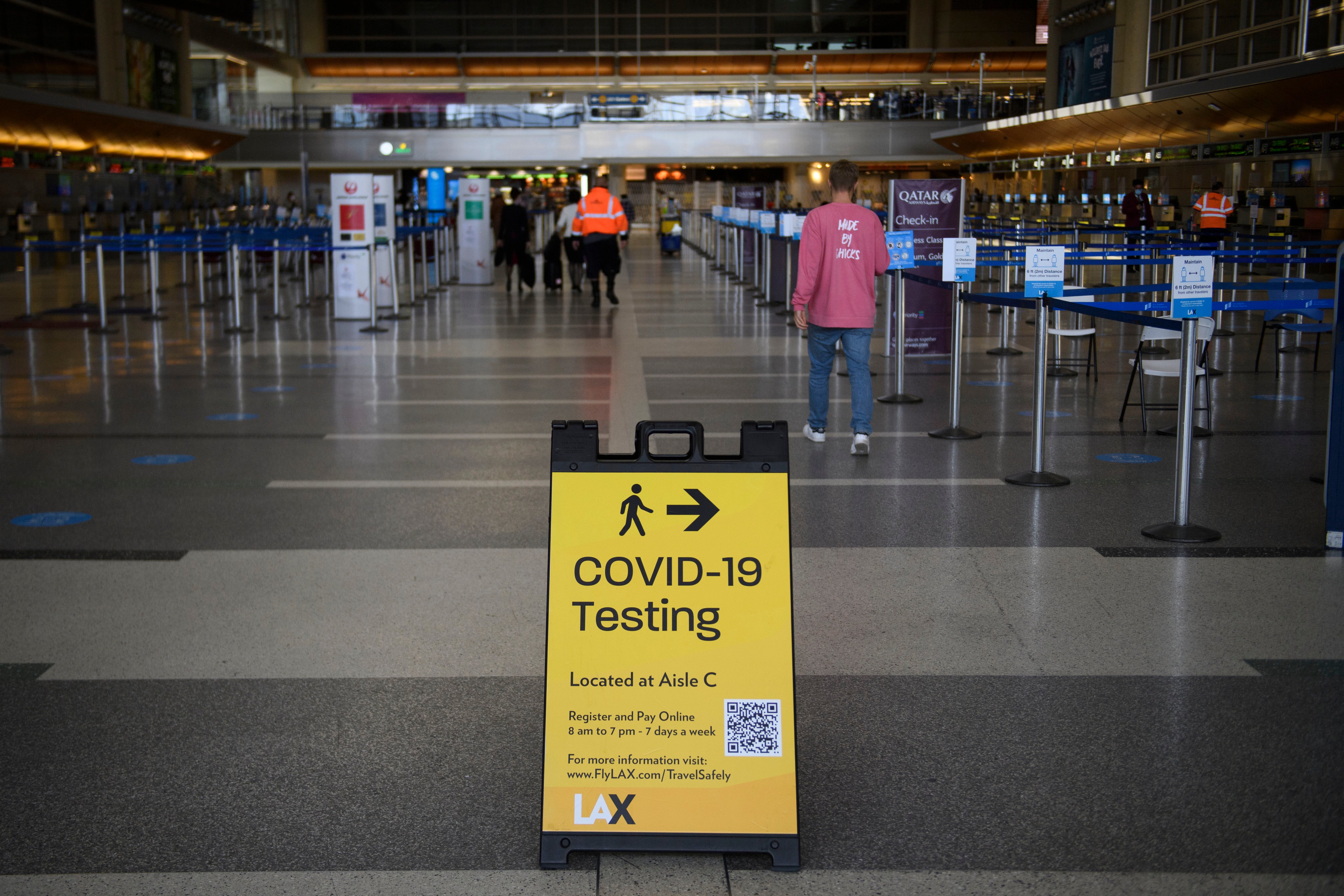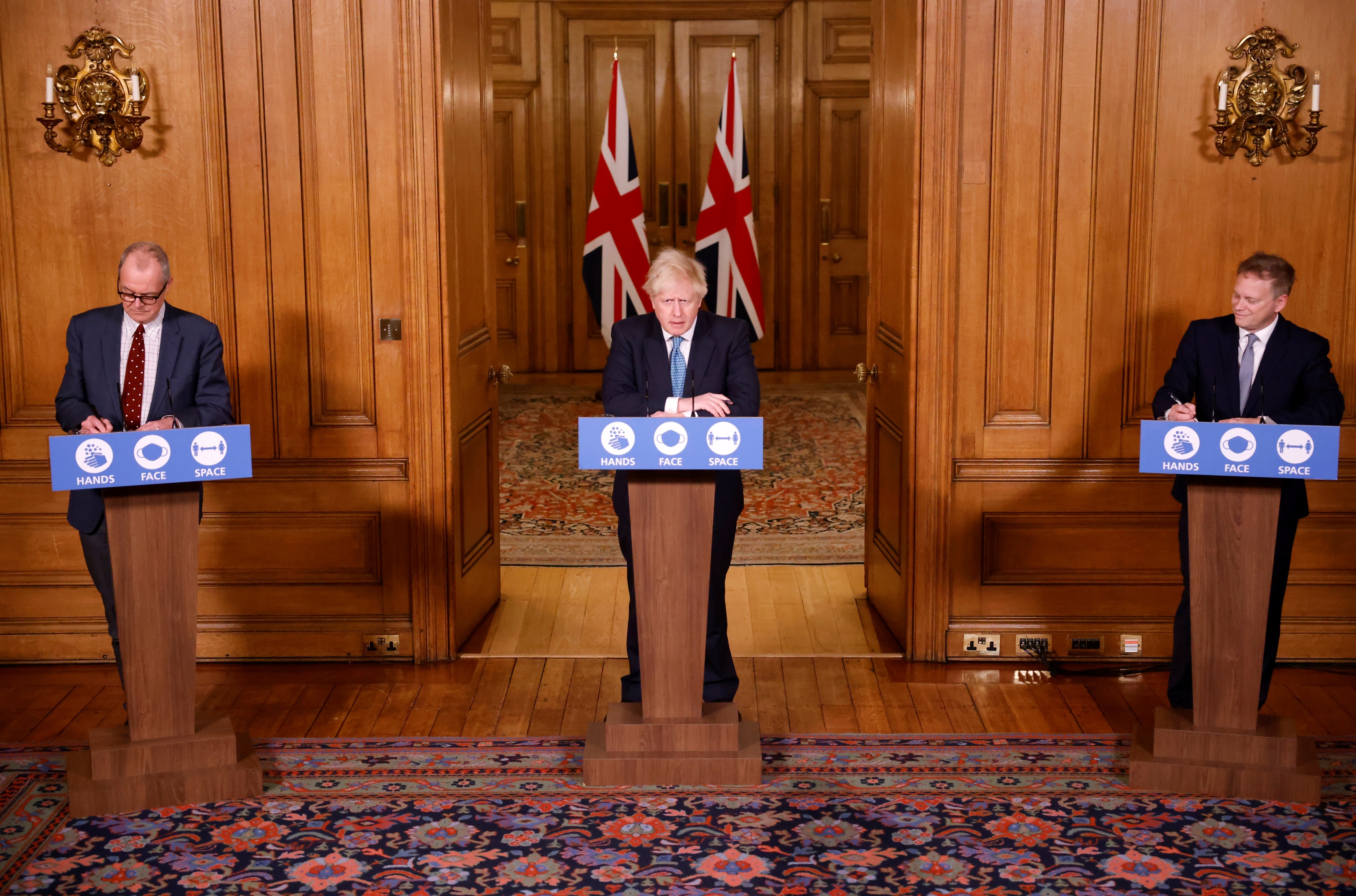Is 2023 finally the year this decade gets going for international travellers?
Despite the gloom and paralysis in the UK at the start of January, Simon Calder is very optimistic about the next 12 months and beyond


Minutes after midnight on 1 January 2020, I cheerfully tweeted that the new decade would be the best in human history for travellers. All the evidence pointed that way.
Since the start of the Jumbo Jet age half a century earlier, things had only got better. Horizons had relentlessly widened, costs had fallen steadily in real terms and safety had improved almost immeasurably.
The travel business is ever-optimistic, and I paid little heed to a foreign news story The Independent had broken the previous afternoon, which began: “Health chiefs in China are investigating an outbreak of a respiratory illness.”
It continued: “Most of the sick had visited a seafood market in the central city of Wuhan.”
I knew that the world was about due another flu pandemic, but that New Year’s Eve story looked like many other such health scares I had covered over the years. Even in March 2020, as frontiers were clattering shut behind me as I travelled through the Middle East, I was convinced Sars‑CoV‑2 would prove a short-term scare.
What could possibly go wrong? Well, I was awakened in my tent beside a beach on the idyllic Yemeni island of Socotra on 16 March 2020 and given an ultimatum to head for the airport or face six months in (temptingly splendid) isolation in the Indian Ocean.
By January 2021, ineffective domestic travel restrictions had infected ministers’ minds to such an extent that the UK population was told: “People can no longer travel to take holidays or travel internationally unless for work or other legally permitted reasons.”
When social media ads started to appear warning: “Going on holiday is currently ILLEGAL,” I had to call the Foreign Office to check they were not some cruel spoof.

The ban prevailed for 19 weeks – conveniently camouflaging the immense damage the Brexit agreement had done to British travellers and UK tourism, which would become clear only in 2022.
When finally the futile ban was lifted on 17 May 2021. a chaotic and comprehensively useless system of “traffic light” classifications were brought in, with nations rated as follows:
- Red, at times, meaning hotel quarantine
- Amber plus was invented purely to ban holidays in France during the summer peak 2021
- Amber
- Green watchlist
- Green
- Super-green – sole member, Ireland
For the rest of the year, nations were shuffled randomly at short notice, causing a planeload of passengers who had flown on holiday to Mexico to turn around and come straight home before the arbitrary deadline.
Yet it is clear that many of us had failed to realise just how essential travel had become. We had previously taken the freedom to travel for granted. Holidays are liberating
Even a year ago, British people were banned from France – the government in Paris seemingly determined to show that London did not have a monopoly on pointless travel restrictions.
Anyone coming in from the rest of the world (apart from evergreen Ireland) needed a test before they were allowed on the plane, a PCR test upon arrival and had to self-isolate until a negative result was received.
Finally, on 18 March 2022, the-then transport secretary, Grant Shapps, said: “The UK is leading the world in removing all remaining Covid-19 travel restrictions.” They would be reintroduced, he insisted, only “in extreme circumstances”.
Which turned out to really mean: “As soon as polling shows that bringing back pre-departure testing for airline passengers is popular with the public, even though the medical consensus is that it is ineffectual”.

I had temporarily forgotten the maxim that one should never underestimate the shallowness of the current batch of politicians in courting popularity rather than doing what is right. As a result, 2023 begins with testing brought back for travellers arriving direct from China – despite much of the medical profession saying it will serve no useful purpose and anyone wanting to circumvent the rule simply routing via a third country.
So with the caveat that ministers may impede international travel whenever they regard it as politically expedient, how is January 2023 looking – could this be the year that the Twenties get going for international travellers?
For many, I believe it will be – though just as personal relationships mutated during the height of the pandemic, so did attitudes to travel. A significant number of people are temporarily or permanently excluding themselves from going abroad.
The deterrents range from jarring memories of seeing armed guards deployed outside a Tenerife hotel in February 2020 to the chaos at some UK airports during the past summer. The brakes had eased in March 2018, just in time for Easter to unravel as a surge in demand exposed the staff shortages across the airline industry, from airport security to cabin crew. Lost baggage and last-minute cancellations multiplied.

Anyone tempted to go cruising instead was confronted by a stark Foreign Office warning: “The confined setting on board and combination of multiple households enables Covid-19 to spread faster than it is able to elsewhere.” And a small but growing proportion will not want to harm the environment with non-essential journeys.
Yet it is clear that many of us had failed to realise just how essential travel had become. We had previously taken the freedom to travel for granted. Holidays are liberating, enriching and life-enhancing. They are also more expensive.
Partly that is due to airlines, in particular British Airways and easyJet, keeping a lid on capacity (they cancelled tens of thousands of flights between them last summer, but kept their precious slots at Heathrow and Gatwick while average fares soared). And partly the slump in sterling, triggered by economic turmoil in the UK, is responsible.
But the aviation equivalent of green shoots of recovery is the number of new air routes starting up to, from and within the UK between now and the summer: more than 100 of them. Most are from airports outside London, a signal that airlines believe there is a nationwide hunger to fly abroad.

Ryanair will connect Belfast International and East Midlands with Girona on Spain’s Costa Brava; easyJet plans routes from Bristol to Enfidha in Tunisia and Edinburgh to Catania in Sicily.
Most intriguing is a move to the southwest Balkans. Jet2 will link Manchester to Tivat in Montenegro’s Adriatic coast, while Tui is launching flights from the same UK hub to St Paul the Apostle – the extravagantly named airport serving Lake Ohrid – shared between North Macedonia and Albania. The pioneering package holidaymakers will find churches and summer flowers abound.
Some may explore the mountains that shelter the lake, but for most, price is a key factor: significantly less than corresponding holidays on Spain’s Costa Brava, despite being 600 miles further.
Rival easyJet says the southwest Balkans – Montenegro and Albania – have seen a boost in demand from holidaymakers for 2023. Along with low prices, travellers can expect friendly locals and an adventure. Sunseekers who aim west from Tirana to the leading (with very limited competition) Albanian resort of Durres will be taken to a realm where the tourism industry is still in its infancy.

Last time I paced the empty beach beside the Adriatic, a sign in the sand denoted the “Turistike Zone”. Lloret de Mar this is not, but perhaps it is just the place for a break from the cost-of-living crisis.
Despite the gloom and paralysis in the UK at the start of January 2023, I am very optimistic about the years ahead. For most of the 1970s Britain was an economic disaster zone. Yet we travelled like never before, seeking out locations from the Algarve to Thailand where our puny pounds would stretch the furthest.
This winter, a surprise strong seller is Senegal – which has direct charter flights for the first time from Gatwick. The former French colony is the westernmost country in Africa, with fabulous beaches, a fascinating history and plenty to explore, beginning with the capital, Dakar. Senegal is well within the tropics – and around half the price of Barbados.
Africa is well placed to pick up displaced long-haul holidaymakers.
And for the customary new year, new horizon: I give you Guyana, which British Airways will serve for the first time in March. The former British Guiana is the only English-speaking country in South America, and the only nation on the continent with a Test cricket ground in the capital, Georgetown. Most travellers spend little time in the capital, instead venturing into the dense rainforest of the interior, where jungle treks and canopy walks are on offer.
If one Guiana is not enough, you could try the adjacent Dutch version, Surinam. Along the road from Georgetown to the Surinam border, you pass through Success, Paradise, Profit and Whim. Which looks a pretty good roadmap for the traveller in the Twenties.




Join our commenting forum
Join thought-provoking conversations, follow other Independent readers and see their replies
Comments